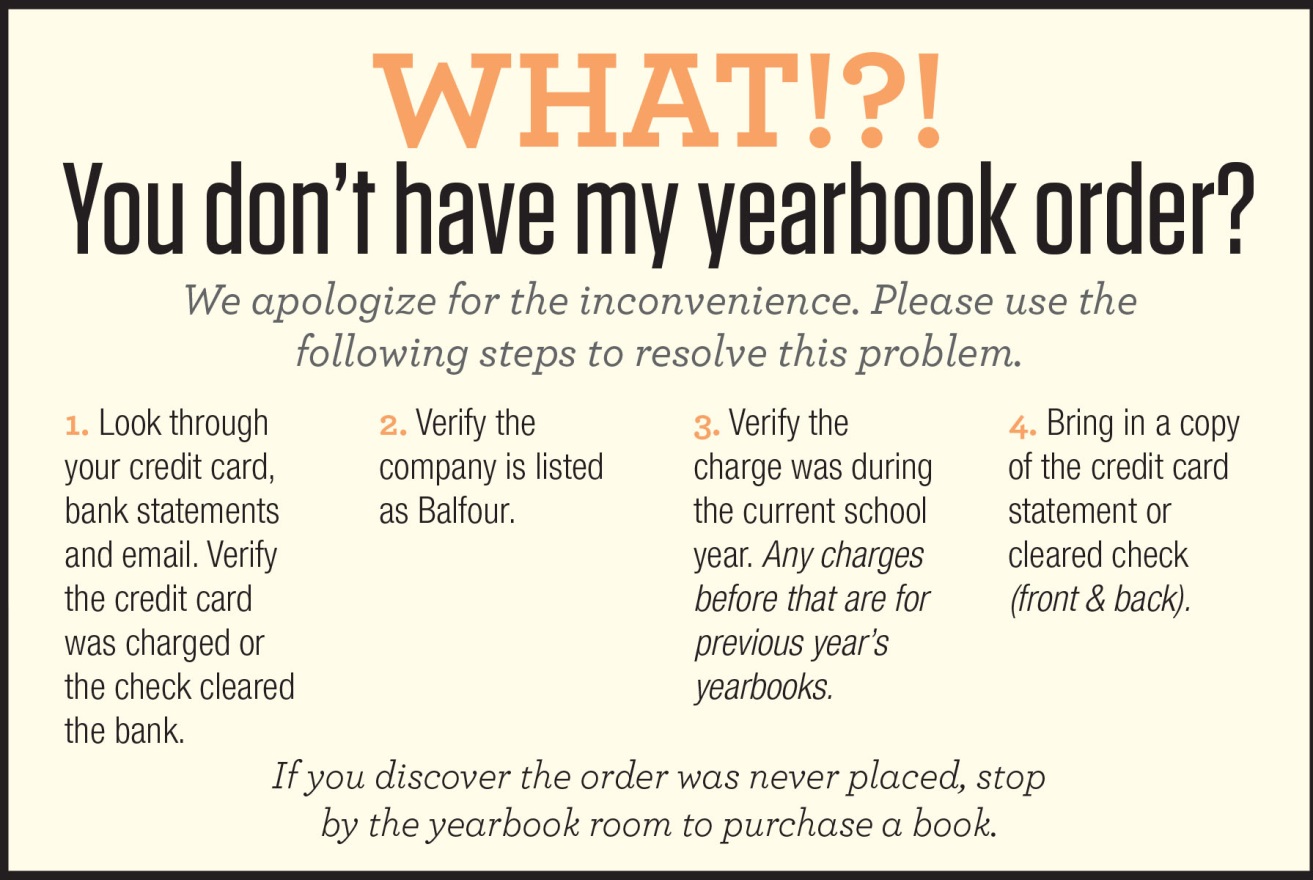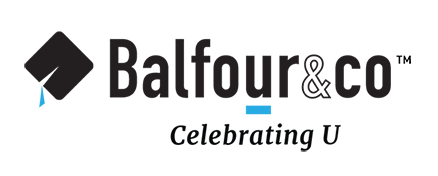
Do you give refunds? How do you handle mistakes? Do you allow song lyrics in senior ads? What about photos of students in bikinis, holding red cups or carrying shotguns? A student media policy will provide guidance when these questions come up.
Every year there are news stories about yearbook photo problems. In 2017, an adviser censored a student’s portrait by removing the word “Trump” from his T-shirt. In January, a school board agreed to let a Minnesota teen hold a shotgun in her senior portrait. What if either of these situations happened in your school? Would you be prepared?
An established student media policy is essential for handling yearbook-related issues and questions, from mundane topics, like refunds and deadlines, to the tougher ones, like deaths and controversial props. To assist in creating your student media policy, here are seven topics for your consideration:
1. Name changes These requests have become more common in recent years. You’ll need to decide on what name changes you will allow and how the process will be implemented. While some staffs require a parent’s permission, others allow the student to make the change. Some advisers only make revisions that are officially changed in school records. Your decision is a matter to discuss with the staff, the principal and possibly the registrar or counselors’ office. If you decide to accept changes, set a strict deadline, preferably by early fall. Once you accept changes, it will be up to the staff to keep an accurate list of changes and adjust names in the yearbook.
2. Mistakes It’s unlikely you’ll produce a mistake-free yearbook. Try to include a disclaimer with the colophon or an insert when handing out the book. It helps remind students and parents the yearbook is student-created work, much like their less-than perfect homework and tests. Include this disclaimer in the student media policy. You also will need resolutions for bigger mistakes. What will you do if a portrait or senior ad is left out of the book? What if club pictures are left out of the book? Reprinting the book is rarely a financial option; talk with your representative to determine options.
3. Missing orders Distribution day becomes more stressful when students insist they purchased books and you have no records of their orders. Establish a plan for gathering information and responding to inquiries. We highly recommend ordering a few extra yearbooks to plan for this situation.
 On a busy distribution day, having a simple flyer to hand students is an easy way to address missing orders.
On a busy distribution day, having a simple flyer to hand students is an easy way to address missing orders.
4. Refunds & exchanges Establishing a refund policy is a must. Decide whether you will allow refunds if customers are unhappy or change their minds. If you allow partial payments, determine if you will refund or keep the paid portion. Include in the refund policy procedures for exchanging damaged books. Most staffs allow exchanges if the book hasn’t been written in, a helpful piece of information to add to the book insert.
5. Portraits Deadlines for inclusion and submittal should be included and the policy should detail how this information is announced to students and parents. If a single photo company is contracted for portraits, this should be noted as well. If staffs require seniors to wear tuxes and drapes, clarify whether students can wear the opposite gender’s outfit. If seniors are allowed casual photos with props, the policy should clearly outline what clothes and props are prohibited. These guidelines should adhere to the school’s code of conduct and dress code policies.
6. Deaths Establish a policy for unexpected deaths of students or faculty to ensure fairness in coverage. Coverage may include feature stories, book dedications, memorials and senior ads. Be specific about space considerations so all those who pass are treated equally. Have a plan for students who pass after the yearbook deadline. Decide how you will handle suicides. The Student Press Law Center notes there’s “no legal reason a person’s death should not be memorialized in the yearbook.” For suicides, SPLC recommends not going into details on the methods or any aspect that would glamorize the death. In all situations, make sure to have open communication with administration and approval from parents or family members.
7. Senior / baby ads Set clear requirements for ad and photo submissions, payments and deadlines. Be clear about clothing not allowed and props that are prohibited. The advisers in Leander ISD specifically noted cups in their policy because red SOLO cups are closely associated with underage drinking. Consulting the dress code and code of conduct policies can help shape the policy. In addition to visual concerns, address verbal aspects. Note maximum word lengths for ad copy and whether published work is allowed. Considering copyright law, we strongly urge you not to allow poems, song lyrics or movie dialogue unless it is in the public domain.
You may add other areas of concern to your policy, including editorial content, free books and photo content in general. Regardless, your principal and school district administrators need to review your policy. This is important so they’re aware of and support your decisions. The policy should be made public, added to a publication or school website and available in the office. McNeil High School runs their media policy at the end of their book.

